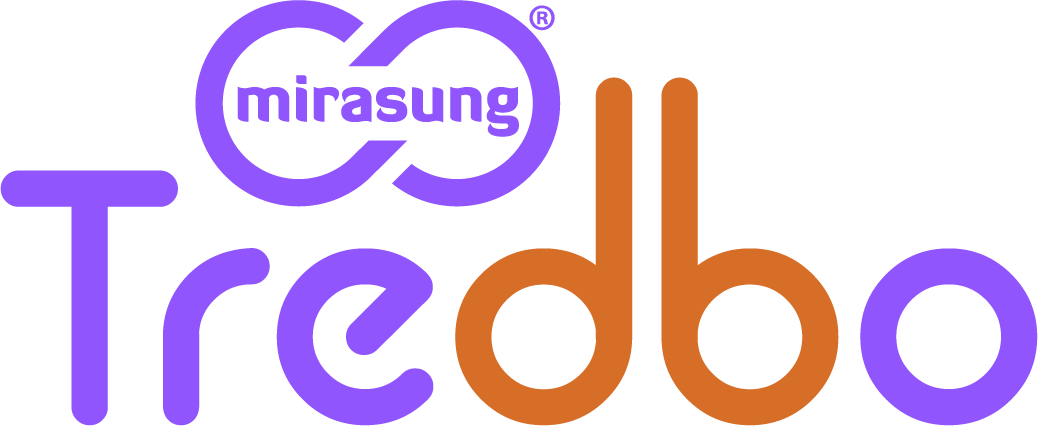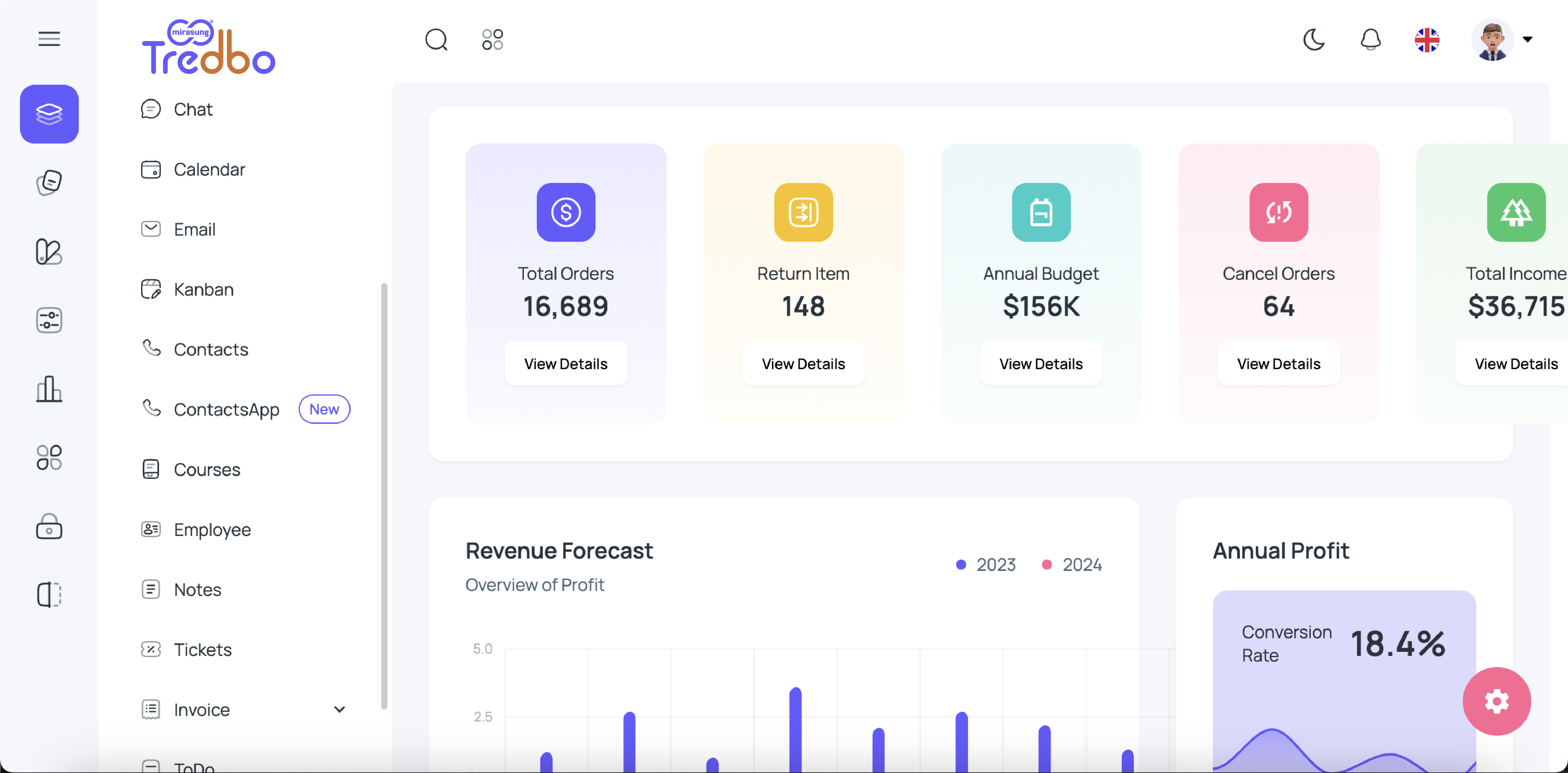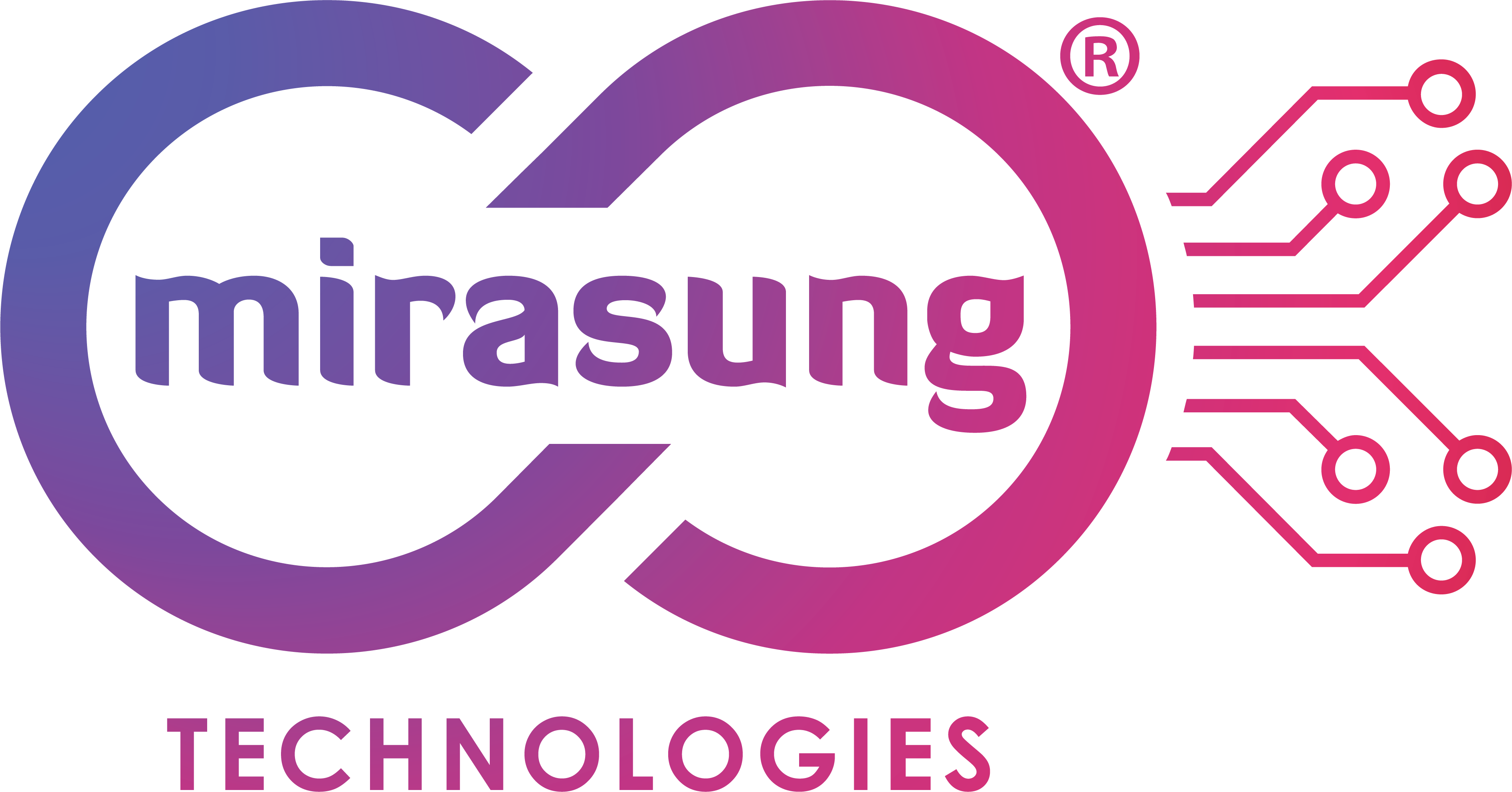CRM

Mirasung Tredbo - CRM
Mirasung Customer Relationship Management (CRM) is a strategy and technology used by businesses to manage interactions with customers, clients, and sales prospects. A CRM system helps businesses streamline processes, build strong relationships with customers, improve customer service, and drive sales growth. CRM systems centralize customer data and offer tools to track and manage relationships at various stages of the customer journey. These systems can be used by sales, marketing, customer support, and other teams within an organization to improve collaboration and enhance customer satisfaction. Here are the key features and details of CRM systems:
Core Modules of CRM:
CRM systems typically include a variety of modules that cater to different functions of customer relationship management. These include:
Enquire Now for Tailored IT Solutions!
Looking for reliable IT services and support, custom software development, or AI solutions? Our team is ready to help your business grow with cutting-edge technology. Contact us today to get a personalized consultation!
Tredbo CRM Features:
- Sales Automation
- Marketing Automation
- Customer Service and Support
- Reporting and Analytics
- Contact and Lead Management
- Collaboration Tools
- Mobile CRM

Sales Automation (Sales Force Automation):
Lead Management
Captures, tracks, and nurtures leads throughout the sales funnel. This includes the creation of lead profiles and tracking interactions.
Opportunity Management
Tracks potential sales opportunities, including stages in the sales cycle, win probability, and expected close date.
Pipeline Management
Provides visibility into sales pipelines, helping sales teams forecast revenue, prioritize leads, and manage sales performance.
Contact and Account Management
Stores and organizes information about contacts (customers, prospects) and accounts (companies, organizations).
Task and Activity Management
Assigns tasks, meetings, and follow-ups to sales teams, helping them stay on top of their responsibilities.
Sales Forecasting
Uses historical data to predict future sales trends and set realistic targets.
Marketing Automation:
Campaign Management
Plans, executes, and tracks marketing campaigns across various channels, such as email, social media, or paid ads.
Segmentation
Categorizes customers into different segments based on behavior, demographics, purchase history, or interests, enabling targeted marketing efforts.
Email Marketing
Automates email campaigns, including personalized follow-ups, newsletters, and promotional messages.
Lead Scoring
Assigns scores to leads based on predefined criteria (such as engagement level or demographic information) to prioritize the most promising leads.
Social Media Integration
Monitors and manages interactions with customers on social platforms, integrating this data into the CRM.
Analytics and Reporting
Tracks and measures the success of marketing campaigns, provides insights into customer behavior, and helps optimize strategies.
Customer Service and Support:
Ticketing System
Tracks customer inquiries, complaints, or issues from creation to resolution, helping support teams prioritize and manage requests.
Knowledge Base
Provides self-service support options for customers, offering FAQs, troubleshooting guides, and product manuals.
Case Management
Handles customer issues, from the initial contact to resolution, ensuring that no case is forgotten and response times are minimized.
Live Chat
Allows real-time communication with customers for immediate assistance, integrated with customer profiles.
Multi-channel Support
Manages customer inquiries from various channels, including email, phone, chat, social media, and web forms.
Customer Feedback
Collects feedback from customers via surveys, reviews, or polls to improve services and identify recurring issues.
Reporting and Analytics:
Dashboards
Visualizes KPIs and other important metrics in a real-time, user-friendly format, helping businesses understand performance at a glance.
Customizable Reports
Offers the ability to generate detailed and customized reports on sales, customer behavior, support metrics, and more.
Data Insights
Analyzes customer interactions, purchasing behavior, and feedback to provide actionable insights for improving relationships and sales.
Predictive Analytics
Uses historical data to predict customer behaviors (e.g., churn, purchasing patterns) and informs decision-making.
Contact and Lead Management:
360-Degree Customer View
Consolidates all customer information in one place (contact details, interactions, purchases, preferences, etc.), creating a complete view of the customer.
Lead Capture
Collects leads from multiple sources, such as websites, social media, emails, and forms, and automatically imports them into the CRM system.
Lead Nurturing
Automates the process of nurturing leads by sending personalized emails, reminders, or follow-up tasks, ensuring that no lead is forgotten.
Collaboration Tools:
Team Collaboration
Facilitates communication between sales, marketing, and support teams, sharing customer information, notes, and tasks in real-time.
Document Management
Stores and shares important documents, proposals, presentations, and contracts related to customers and prospects.
Internal Messaging
Enables messaging within the CRM platform to discuss customer issues, share updates, or collaborate on sales opportunities.
Mobile CRM:
Mobile Access
Provides sales and support teams with access to CRM data on the go, via smartphone or tablet apps.
Real-Time Updates
Updates CRM data automatically as team members engage with customers, ensuring everyone is working with the latest information.
Geolocation Features
For field teams, this feature helps track customer locations and plan visits based on proximity or sales opportunities.
Benefits of CRM Systems:
Enhanced Customer Relationships
By tracking customer interactions and preferences, CRM systems allow businesses to provide a personalized, more responsive experience, leading to stronger, longer-lasting relationships.
Improved Sales Performance
CRM automates repetitive sales tasks, tracks leads through the sales funnel, and gives sales teams insights to improve their strategies and close deals faster.
Better Customer Retention
By tracking customer issues, preferences, and past interactions, CRM helps businesses proactively resolve issues and offer tailored solutions, leading to higher customer satisfaction and retention.
Data-Driven Decisions
With advanced analytics and reporting, CRM systems give businesses access to valuable insights that can guide strategic decisions, improve performance, and identify new opportunities.
Increased Efficiency
Automating tasks such as lead scoring, follow-ups, and email campaigns allows teams to focus on more high-value activities, improving overall productivity.
Seamless Collaboration
CRM ensures that all teams (sales, support, marketing) are working from the same set of customer data, facilitating collaboration and eliminating silos within the organization.
Conclusion:
Mirasung Tredbo CRM systems help businesses streamline their customer interactions, improve service, and drive sales by providing a unified platform for managing relationships. With a range of features such as sales automation, marketing tools, customer service management, and analytics, CRM systems empower businesses to better understand their customers, improve communication, and foster long-term loyalty. By leveraging the right CRM solution, businesses can enhance customer satisfaction, boost efficiency, and ultimately increase profitability.

